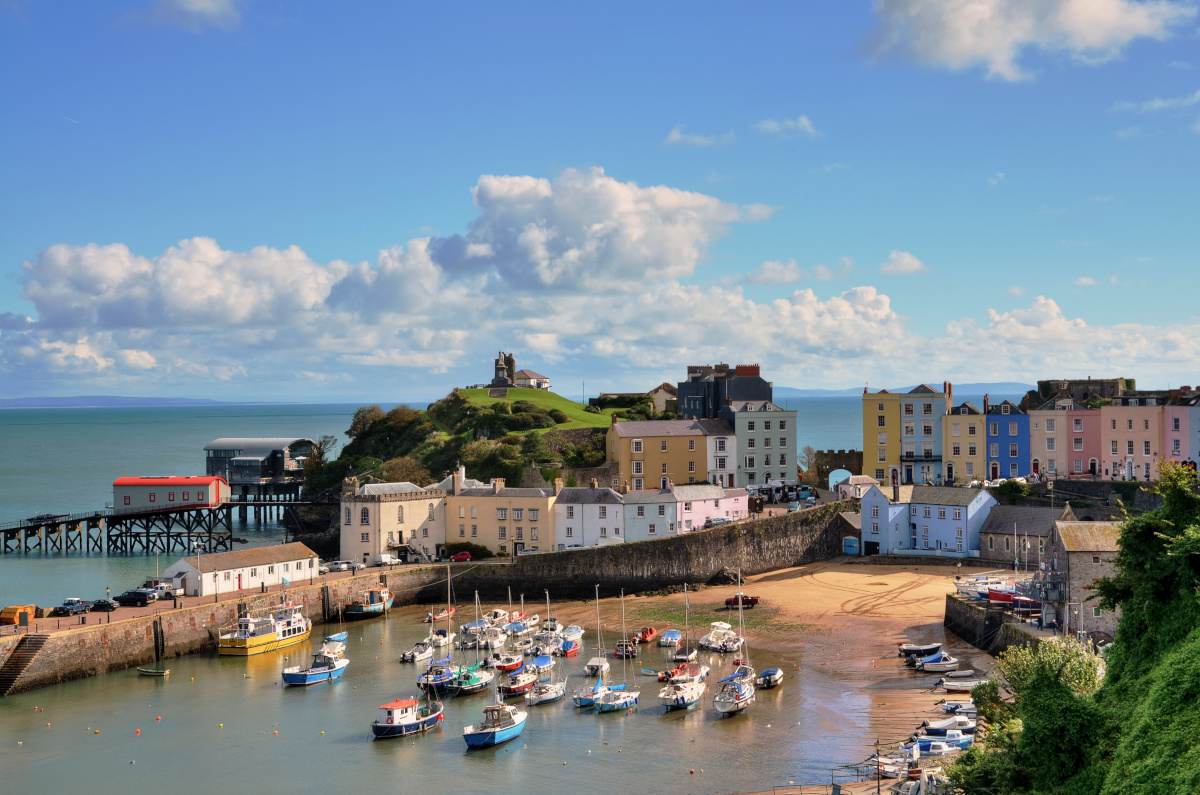
Health & Safety for a Trip to The UK
Stay safe and healthy on your UK trip with Redpoint insurance
The UK is made up of four nations: England, Wales, Scotland, and Northern Ireland. Most visitors start their trip in the capital, London, but there is so much to see beyond there, from wild beaches and rugged peaks to ancient market towns and more. A visit to the UK is also the perfect jumping-off point from which to visit other European cities, such as Paris, Amsterdam, Brussels, and more.
Of course, as you would for any trip, you'll want to get travel insurance for the UK — including a health-insurance plan — before you go. Though it’s not considered a high-risk destination, plenty of things can still go wrong during your visit, from lost luggage and trip delays to needing medical treatment while you're abroad.

Medical, Health & Safety in the UK
Once you’re in the know about what to look out for, you can remain focused primarily on having a great trip, so let’s take a closer look at everything you need to know about United Kingdom travel health and safety.
Common Diseases
Visiting the UK does not pose any significant or unique health risks, and there are no tropical, infectious, or novel diseases to be aware of. However, visitors should be cautious about seasonal illnesses, such as colds, flu, and respiratory infections, which spread easily in the winter months in crowded indoor areas, such as train carriages, stations, and restaurants.
To be on the safe side, you should consult the World Health Organization (WHO) for country-specific health news and updates before your departure.
Vaccinations
No specific vaccinations are required for U.S. visitors entering the UK. However, the U.S. Centers for Disease Control and Prevention (CDC) recommends that travelers be up-to-date on routine immunizations, including the flu and COVID-19, as these conditions are widespread in colder months. If you plan to travel to rural areas, you should also ensure your tetanus vaccine is current.
Local Medical Treatment
The UK’s National Health Service (NHS) provides free healthcare to residents. Depending on the level of care needed, visitors from the U.S. may need to pay for treatment, which is why travel insurance — including medical-evacuation coverage and waivers for any pre-existing medical conditions — is strongly recommended.
Pharmacies are high quality and widely available, and many provide over-the-counter remedies and basic medical advice (although it’s never a bad idea to travel with your own first-aid kit).
In an emergency, dial 999 for ambulance services in the United Kingdom.
Water & Food
Tap water in the UK is safe to drink and meets high safety standards. Food hygiene is also excellent, with restaurants and cafes regularly inspected. However, visitors should take the usual precautions, such as washing hands prior to eating and only consuming food from established venues.
Air Quality
Air quality in the UK is fair, though urban areas like London can experience heightened pollution, especially during peak traffic hours and in warm weather.
Visitors with respiratory conditions should carry the necessary medications and avoid staying in areas with a high volume of traffic, such as central London. It’s also smart to monitor the air-quality index and avoid strenuous activities during high-pollution days.
Crime & Personal Safety
Before you leave for the United Kingdom, check to see if the U.S. Department of State has any travel advisories for your destination and register for its Smart Traveler Enrollment Program (STEP) in case of emergencies.
The UK is considered safe, but petty crime, like pickpocketing, can occur in crowded and tourist areas. Stay vigilant, especially in cities and transportation hubs, and avoid leaving valuables unattended. Violent crime is rare but can occur in isolated areas or late at night.
Natural Disasters
Compared to other nations, the UK doesn’t experience much in terms of severe weather or natural disasters. Flooding can occur in some areas, however, particularly during heavy rains, and that can affect transport links. Keep informed of local weather conditions, especially when traveling to rural, remote areas or coastal regions.
Local Laws
Visitors should respect UK laws, including those around alcohol consumption, illegal drugs, and public behavior, and defer to local authorities when requested. Smoking is prohibited in public indoor spaces.
Driving is on the left side of the road, and road etiquette can be very different from the U.S., especially concerning roundabouts. You do not need an international driving permit to drive in the UK.
Popular UK Health & Safety Searches
FAQs About UK Travel Health & Safety

Is the UK safe to visit?
Terrorist groups have targeted London and other cities in the past. Overall, though, the UK has a robust local police presence and security forces to help ensure visitor safety. It's still wise to keep your eye on local media throughout your visit to stay informed on any relevant incidents.
What vaccinations are needed to travel to the UK?
What is required for a U.S. citizen to visit the UK?
Keep in mind that you may also be asked to provide proof of onward or return travel and/or evidence of funds to support your stay. UK visas may be required for longer visits and for work or study.
Are there any COVID-19 restrictions for travelers to the UK?
What happens if a tourist gets sick in the UK?
For non-emergencies, dial 111 to be connected to the NHS, which will help you locate appropriate care close by. For urgent medical emergencies, dial 999. In the event of an emergency, Redpoint can be reached day or night at +1-415-481-0610.
Are hospitals good in the UK?
In addition to NHS hospitals, there are private healthcare facilities where tourists can seek treatment if they prefer quicker service and are willing to pay out of pocket or through insurance.
Is the UK safe for female travelers?
How do I contact the U.S. Embassy in the UK?
33 Nine Elms Lane
London, SW11 7US
Tel: +44 (0) 207-499-9000
Protect Your Trip With Redpoint Travel Insurance
Whether you’re touring the Cornish coast, taking in London’s museums, or being wowed by Stonehenge, Redpoint’s comprehensive, easy-to-understand policies can cover adventures of all kinds. Explore our three international travel insurance plans. Explore our Ripcord, Cavalry, and Harbor policy options, and get a quote today.

